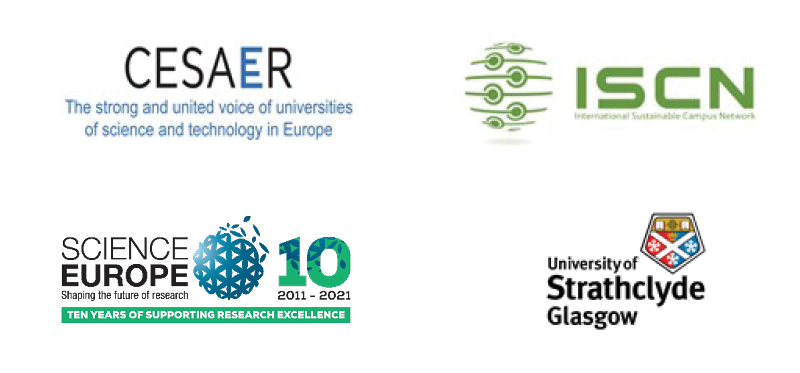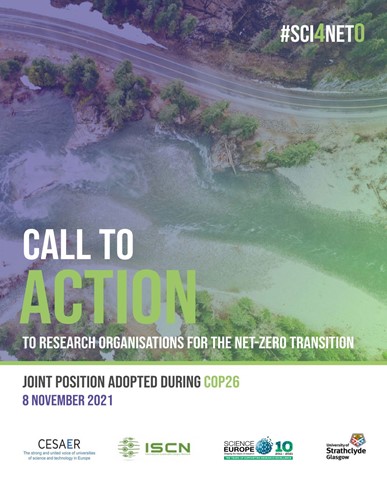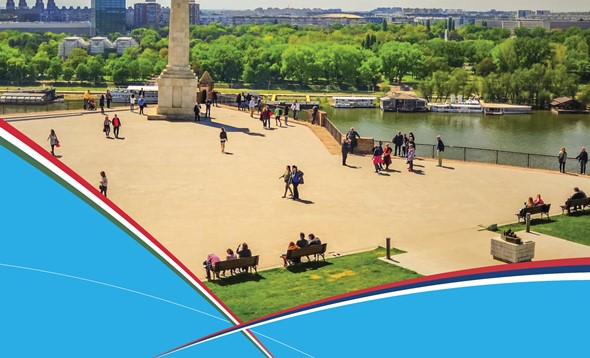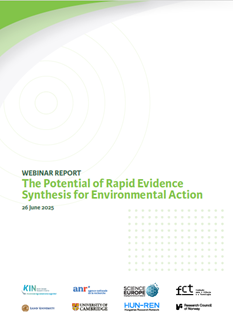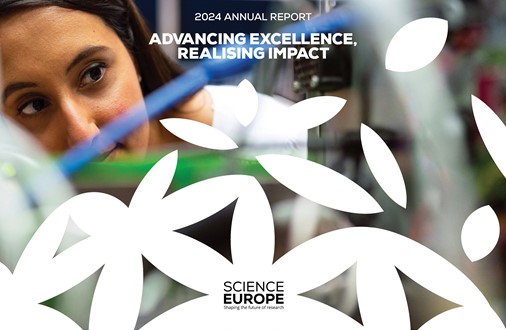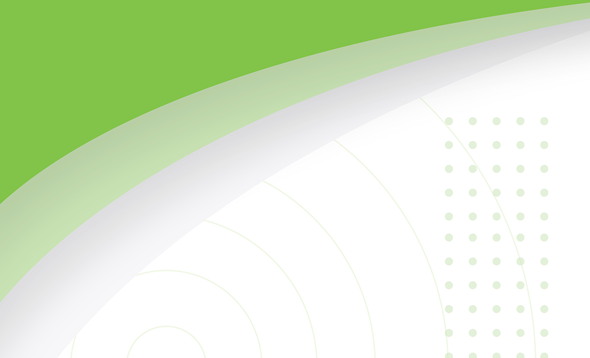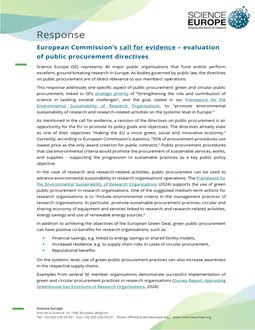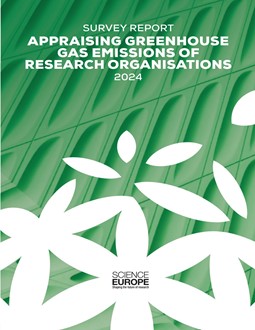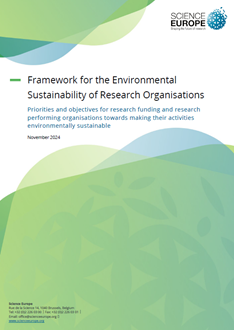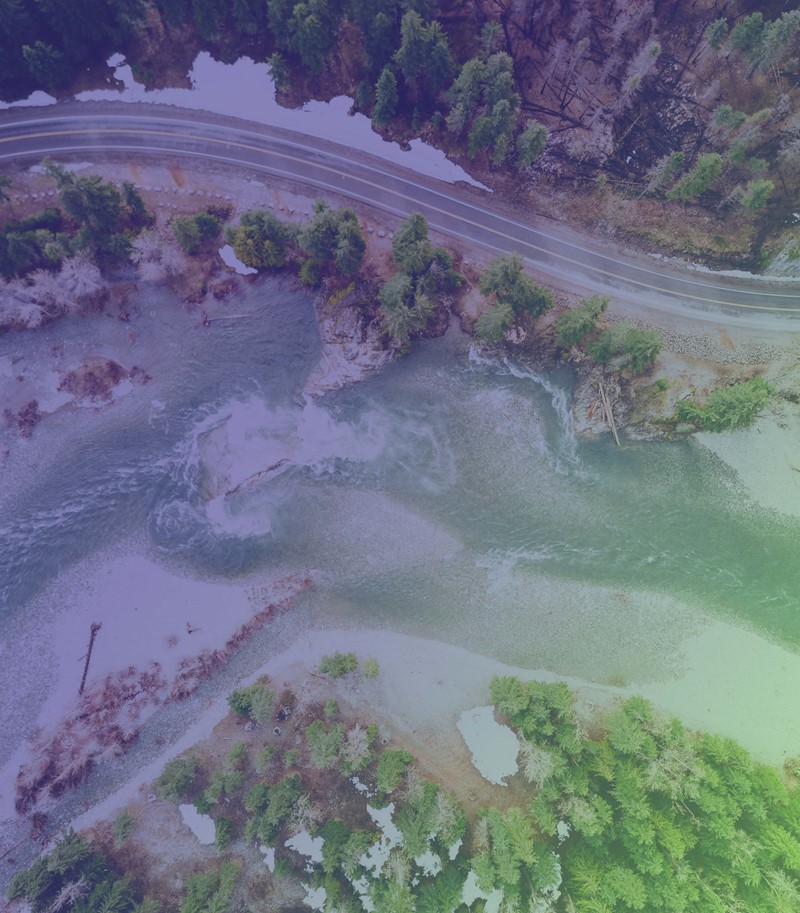
-
Share on
Call to Action to Research Organisations for the Net-Zero Transition
The partners of the Science for Net-Zero Symposium CESAER, the International Sustainable Campus Network (ISCN), Science Europe, and the University of Strathclyde are calling for a collaborative, systems-based approach to tackling the Net-Zero emissions challenge, and are taking immediate steps to lead by example.
"We share a vision of a world where research and education communities work together and in interaction with industry and society at large to solve urgent global challenges. We believe that research and education will underpin a sustainable relationship between the use and preservation of natural resources, and human activity."
The United Nations Sustainable Development Goal 13 prompts everyone to take urgent action to combat climate change and its impacts. This goal is closely connected to the other Sustainable Development Goals, whether they are about societal conditions, our institutions, or the natural world. Failure in one area will undermine efforts in others. A successful transition to Net-Zero requires a systems perspective informed by new forms of research to understand how we best navigate this complex landscape.
Call to Action
As an immediate step, we today commit to supporting and enabling concrete actions which willhelp the research and education sector to address the many challenges of global sustainability. We recognise that the rapid transformation of our societies and environment, both through climate change and policy responses, poses challenges that cut across all traditional boundaries. Action will be taken in six key areas, positioning our collective research system to rise to the challenge of Net-Zero. Read the full Call to Action.
We invite other organisations that share our vision to commit to these actions and work with us towards a sustainable future with Net-Zero emissions, joining us in future COP meetings to assess progress.
For organisations interested to join our efforts, please contact Dr Nicola Francesco Dotti (Nicola.Dotti@ScienceEurope.org).
